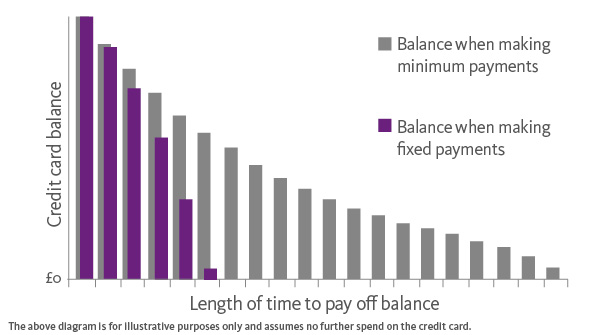We’re here to help
Gambling can be an enjoyable leisure activity when done in moderation. However, for some it can get out of control and cause harm. This is when it starts to have a negative impact on your finances, relationships, health or work. If you feel your gambling or someone else’s gambling may be causing you harm, there is help available.
Signs your gambling may be causing harm to you, or someone close to you:
- You’re struggling to pay for the basics – such as rent or your mortgage, bills, food and other essential costs, as you’ve spent your money on gambling.
- Your debt has increased due to your gambling spend.
- You feel stressed or worried about the impact gambling is having on your finances, relationships or health.
- You may be spending significant time on gambling or hiding your gambling from others.
- You start to withdraw from other people or activities.
If you are worried about how gambling is impacting you, there are steps you can take to help yourself:
- Pay your important bills as soon as possible after pay day, so you’re less likely to gamble that money.
- Think about planning other things to do at times when you might be tempted to gamble (such as sporting activities or seeing friends who don’t gamble, for example).
- Don’t bottle up your concerns: talk to someone, whether it's a friend, a close family member, a colleague at work or a professional.
What other help is out there?
Independent organisations
GamCare operate the National Gambling Helpline. They provide confidential information, advice and support. This service is for anyone worried about gambling in England, Scotland and Wales. You can call for free on 0808 8020 133. Or you can use web chat at www.GamCare.org.uk, 24 hours a day, every day of the year. Advisers can provide information about, or refer you to, other important support services (like debt and financial advice services). All conversations are completely confidential. GamCare are part of the National Gambling Treatment Service. They can link you with other gambling support as needed.
GamCare have a partnership with Gamban and GAMSTOP to provide practical tools and support. If you call the National Gambling Helpline, they can offer Gamban blocking software. This can block access to online gambling sites. They'll also explain how to register for GAMSTOP. This is a national online self-exclusion scheme, which can stop you accessing gambling accounts from all licensed gambling sites in UK. For more information, visit TALKBANSTOP.
Look at our help and support page for details on where else you can get help with your finances.
